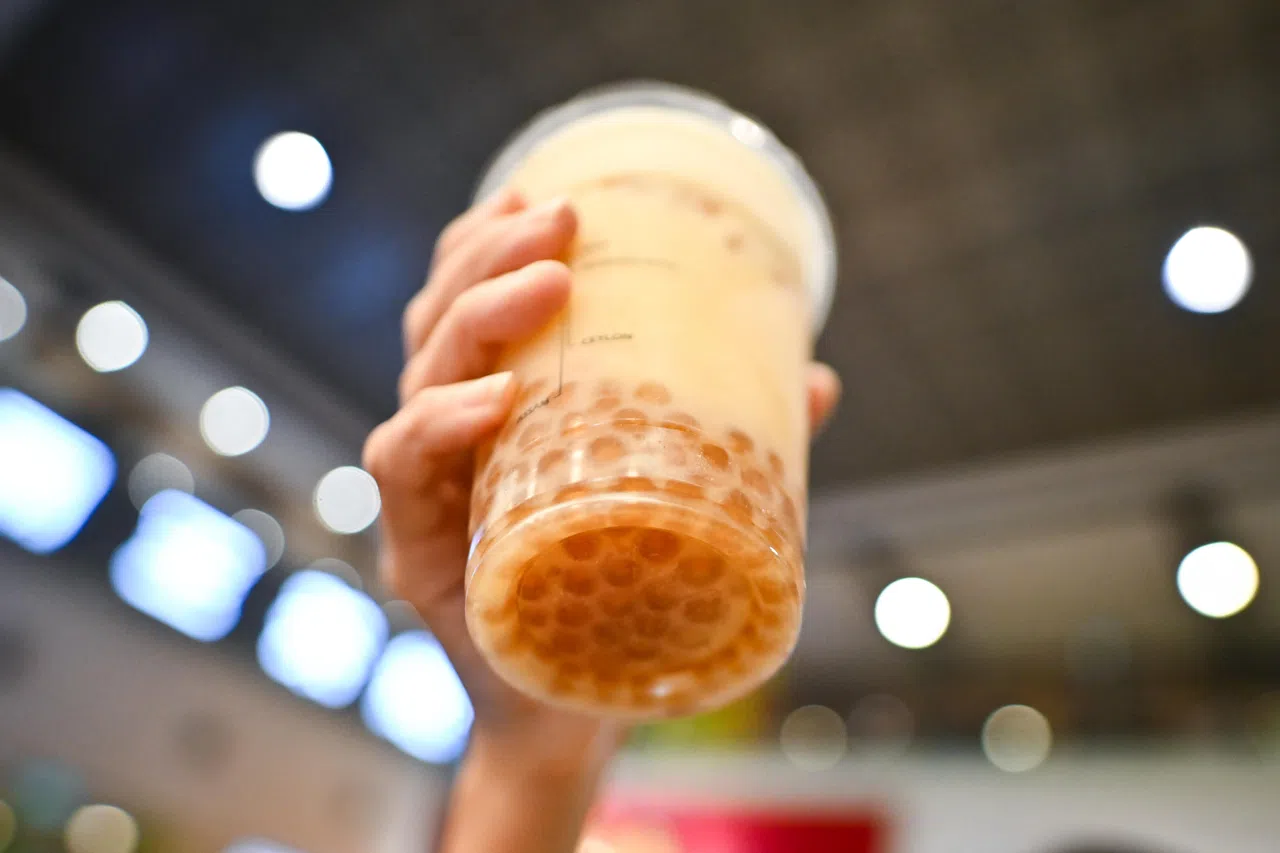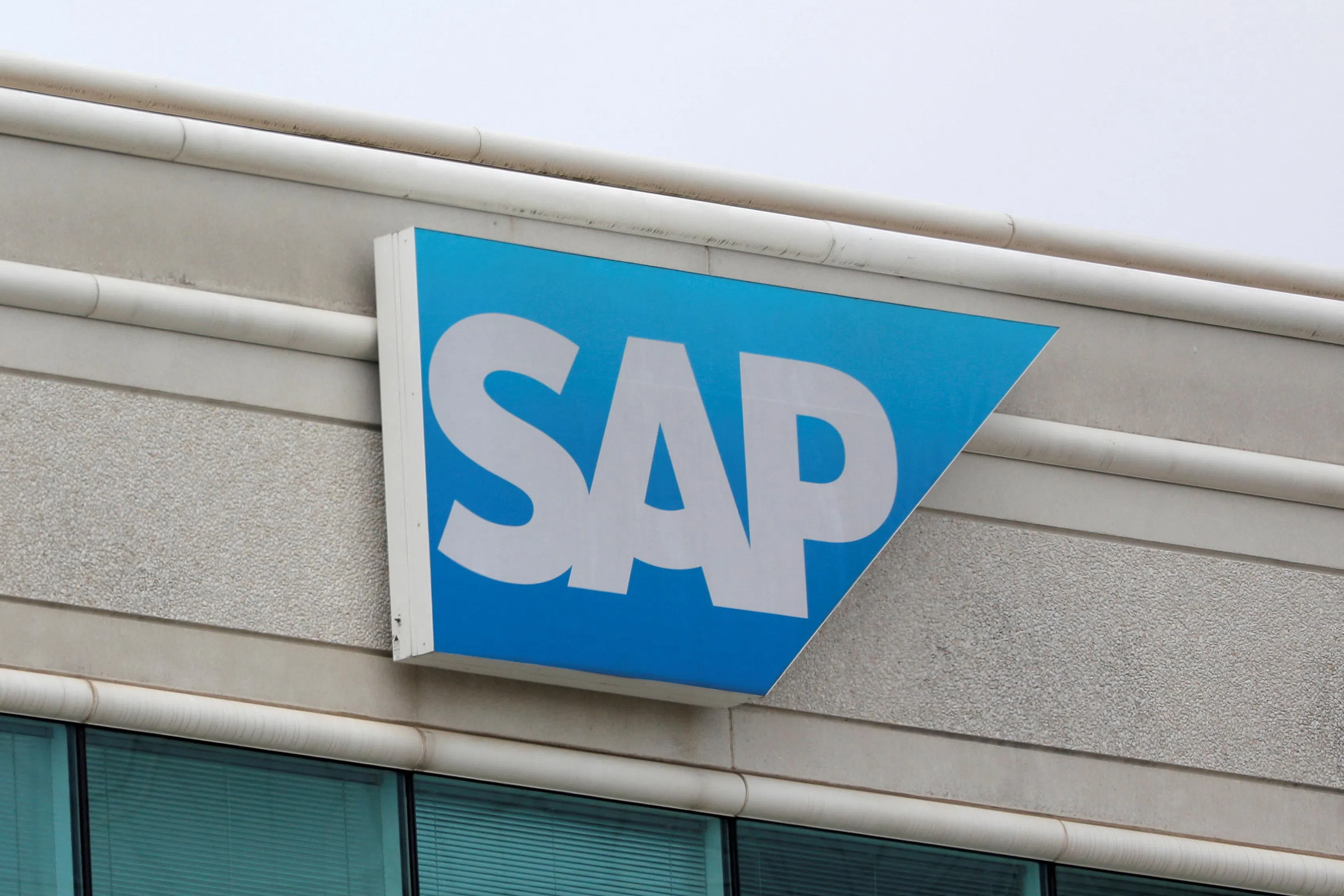ARE you a fan of bubble tea? Love it or hate it, you probably know a millennial or Gen Zer who’s crazy about the cloyingly sweet drink filled with sticky balls of tapioca (the “bubbles,” or “boba”) that make it almost chewy as it slithers down your throat. That growing passion has created at least a half-dozen billionaires in China in the past few years and is at the heart of several other potential fortunes.
On Apr 23, Sichuan Baicha Baidao Industrial, China’s No 3 bubble tea chain, is scheduled to start trading, aiming to raise more than US$300 million in the biggest Hong Kong listing since November. That valuation would give its husband-and-wife founders, Wang Xiaokun and Liu Weihong, a combined net worth of US$2.7 billion based on the 73 per cent stake they will own after the initial public offering (IPO), according to the Bloomberg Billionaires Index.
Despite Baicha Baidao’s confidence, the market debuts of several other Chinese bubble tea makers that have hinted at Hong Kong IPOs are in limbo. Growing competition threatens to take out some of the weaker players, and Hong Kong once among the busiest venues for deals, has lost its appeal as shares have slumped in China’s economic downturn. “The market is not giving this sector as lofty valuations as before,” said Kenny Ng, a strategist at Everbright Securities International. “There’s been an uneven revival of consumption in mainland China, so the profitability of consumer businesses remains uncertain.”
Bubble tea was invented in Taiwan in the late 1980s, with small stalls selling it near schools and offices. As the trend started to take root in Hong Kong and mainland China in the ‘90s, chains began springing up. Today, thousands of brands vie for the attention of thirsty tea lovers across China, and countless shops have popped up in the US and Europe, though the biggest Chinese providers do not sell there yet.
Such as Starbucks, these chains offer an almost infinite number of combinations. You can pair your favourite tea (any black, white, green or pu’er variety, with or without milk) with fresh fruit (mulberry, grapefruit, strawberry, orange), various bubbles (the original dark tapioca balls, crystal, cactus, taro and more), special additions (red beans, chunks of flavoured gelatin, a topping of cream cheese foam) and various levels of sweetness and iciness. For an extra kick, some chains offer a shot of Moutai, the traditional Chinese grain liquor. “Life is tough, and something sweet will make you happier,” was the top response to the question “Why do you buy tea drinks?” in a survey cited by Minsheng Securities.
Baicha Baidao, also known as Chabaidao (“100 Varieties of Tea”), was built on serving price-conscious fans of the stuff. The founders opened their first outlet in 2008, a 20-square-metre shop near a middle school in Chengdu. In 2018 they introduced a franchise model that turbocharged growth, and today the company has more than 8,000 shops across China. In January, Baicha Baidao opened an outlet in Seoul, its first outside China, and at home, it introduced its first coffee shop, Coffree.
GET BT IN YOUR INBOX DAILY
Start and end each day with the latest news stories and analyses delivered straight to your inbox.
Baicha Baidao’s stores have long sold a half-litre serving of bubble tea for a bit more than US$2, while the industry average until recently was closer to US$5. The strategy has paid off, with sales jumping more than 56 per cent between 2021 and 2023, to 5.7 billion yuan (S$1 billion), according to Baicha Baidao’s IPO prospectus. The company declined to comment for this story.
Two other bubble tea billionaires are Zhang Hongchao and Zhang Hongfu, brothers who in 1997 founded Mixue Bingcheng in Henan province. Mixue Group (which also has a coffee brand) calls itself the world’s second-largest drink chain after Starbucks by number of stores, with more than 32,000 outlets across China and 4,000 in 11 other countries, mostly nearby. After a 2020 cash infusion from investors, including the venture arm of Chinese food delivery giant Meituan and Hillhouse Investment Management, the tea maker was valued at 23.3 billion yuan, pushing the net worth of each brother to US$1.5 billion, according to the Bloomberg Billionaires Index.
With China’s economy slowing and inflation-weary consumers tightening their belts, more producers are cutting prices. Guming Holdings (China’s second-largest player, with some 9,000 stores) and No 4 Auntea Jenny (Shanghai) Industrial, which have also filed IPO documents in Hong Kong, now charge less than US$3.50 per cup. “Competition has gotten fierce,” Gloria Cao, an analyst at Essence International, wrote in an Apr 16 report.
Higher-end tea makers such as Nayuki Holdings with a 1,800-store chain that went public in Hong Kong three years ago, have suffered from the rapid growth of cheaper rivals. Nayuki, which reduced the price of a cup to about US$2.50, has seen its shares tumble almost 90 per cent since their listing on concerns over competition, and its once-billionaire founders, Peng Xin and husband Zhao Lin, are now worth less than US$300 million, down from US$2.2 billion in 2021. “I’m optimistic about the prospects of the industry leaders,” says Steven Nie, an analyst at Daiwa Capital Markets. “But the fresh tea drinks sector is getting too crowded.” BLOOMBERG







